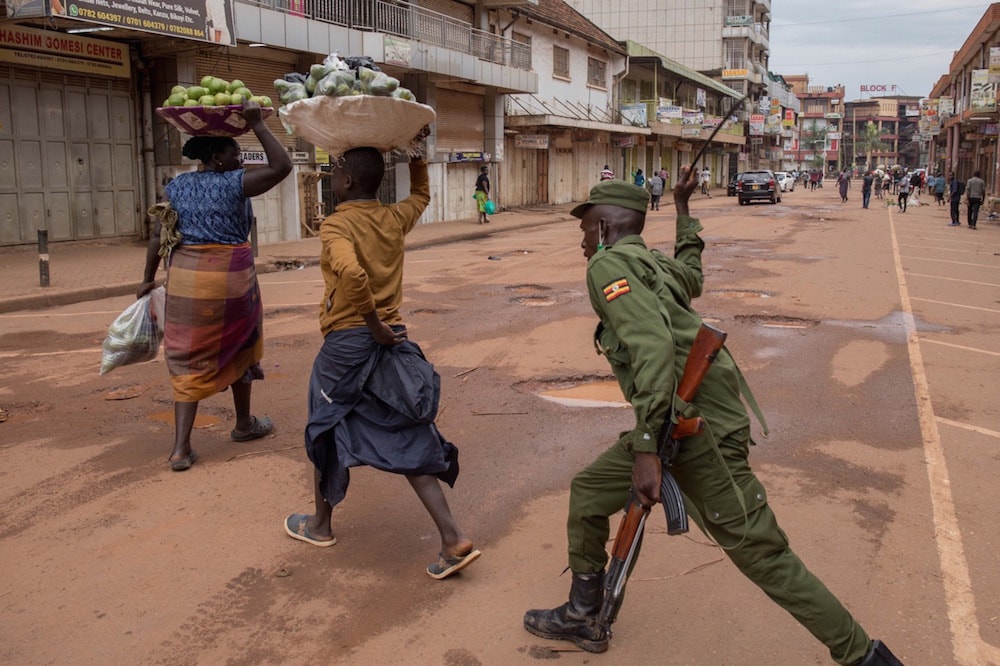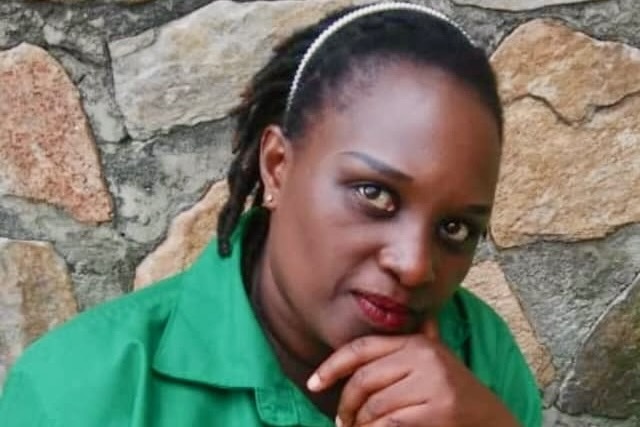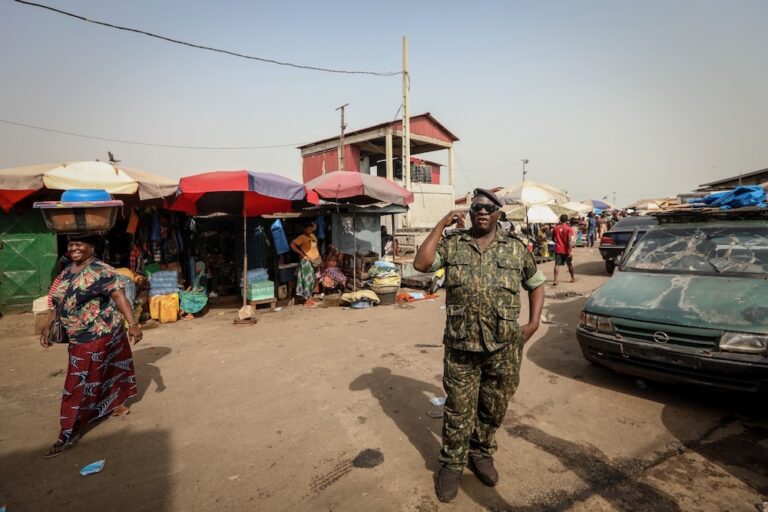CIPESA has made a submission to the UN Special Rapporteur on Freedom of Association and Assembly outlining concerns over forceful measures used to impose COVID-19 restrictions by African governments.
This statement was originally published on cipesa.org on 28 April 2020.
Many African governments have employed heavy-handed methods in response to the Covid-19 pandemic. These measures, both offline and online, have undermined various rights and there are fears that they might be entrenched after the pandemic subsides.
In response, the United Nations Special Rapporteur on Freedom of Association and Assembly has issued detailed key principles which governments and law enforcement agencies should follow to avoid human rights abuses. During consultations to inform the guidelines, the Collaboration on International ICT Policy for East and Southern Africa (CIPESA) made submissions to the Special Rapporteur, highlighting major rights concerns in various African countries’ Covid-19 response.Restrictions on the enjoyment of civil and political rights are permitted under the International Covenant on Civil and Political Rights (ICCPR) in order to protect public health. The International Covenant on Economic, Social and Cultural Rights (ICESCR) also permits the restriction of the enjoyment of the right to the highest attainable standard of physical and mental health, subject to the conditions under Article 4 including “promoting the general welfare in a democratic society”. However, CIPESA’s submission notes that various countries have abused emergency powers and thereby violated numerous rights.Many African countries have announced curfews, travel bans, compulsory quarantines, restrictions on public gatherings and closure of education institutions. These include Burkina Faso, Democratic Republic of Congo, Eritrea, Ghana, Ivory Coast, Kenya, Mauritius, Nigeria, Rwanda, Senegal, South Africa, Tunisia, Uganda and Zimbabwe. In enforcing these measures, many rights have been violated. In Nigeria, security forces had killed 18 people while enforcing the lockdown, by April 16, 2020, according to the National Human Rights Commission. In Rwanda, police shot and killed two people for violating the two-week lockdown. In Uganda, security forces have shot and wounded two people.
To stem the spread of misinformation, for instance, in Kenya, South Africa and Zimbabwe, it is now criminal to spread alleged misinformation on Covid-19. Scores of journalists and bloggers in Kenya, Guinea, Uganda, and Egypt, among others, have been beaten, detained, or arraigned in court over their reporting on Covid-19.
Meanwhile, the extent of surveillance and data-based contact tracing in African countries is not fully known. So far, Kenya is reportedly monitoring the mobile phones of individuals who are under self-isolation. In South Africa, telecom companies are compelled to give the government location data under the published amendments to the National Disaster Act to combat Covid-19. And in Uganda, a presidential adviser coordinating the Covid-19 fight said on April 3 that an “intensive surveillance” campaign was being launched with the aid of telecom companies to trace more than 2,000 individuals. Disturbingly, most of the information about governments’ location surveillance programmes is ad hoc and dispersed across departments and agencies that might not have the remit to conduct such sensitive duties.
In his 10 key principles, the UN Special Rapporteur said that where new laws or regulations are adopted, any limitations on rights imposed must adhere to the principles of legality, necessity and proportionality. He added that the free-flow of information is crucial in times of crisis and laws criminalising ‘false news’, including those targeting human rights defenders, must be avoided.
CIPESA has made various recommendations for state authorities to speedily reinstate full protection for freedoms once the emergency is over. They include:
- Dismantle the surveillance apparatus constituted as part of combating the spread of the coronavirus and destroy all the data collected during the tracking exercise as it would have served the purpose for which it was collected.
- Make public announcements specifying the end of the restrictions and the reinstatement of all freedoms. This should specifically aim to assure citizens of confidence to enjoy their rights.
- Issue transparency reports detailing the Coronavirus-linked surveillance activity, including tools and technologies used, state agencies and private entities involved, number of persons whose phones and data were tracked, the types of data that was collected, which entities accessed the data, and what safeguards were instituted to guard against misuse of the data and the surveillance apparatus.
- Repeal all laws, decrees, declarations and guidelines that could have intended to limit freedoms in the wake of Covid-19. There should be express declarations and statements that such interim or temporal measures were not aimed at limiting assembly and association but at containing Covid-19 and should not be applied in the aftermath of Covid-19.
Please find the full submission here.



